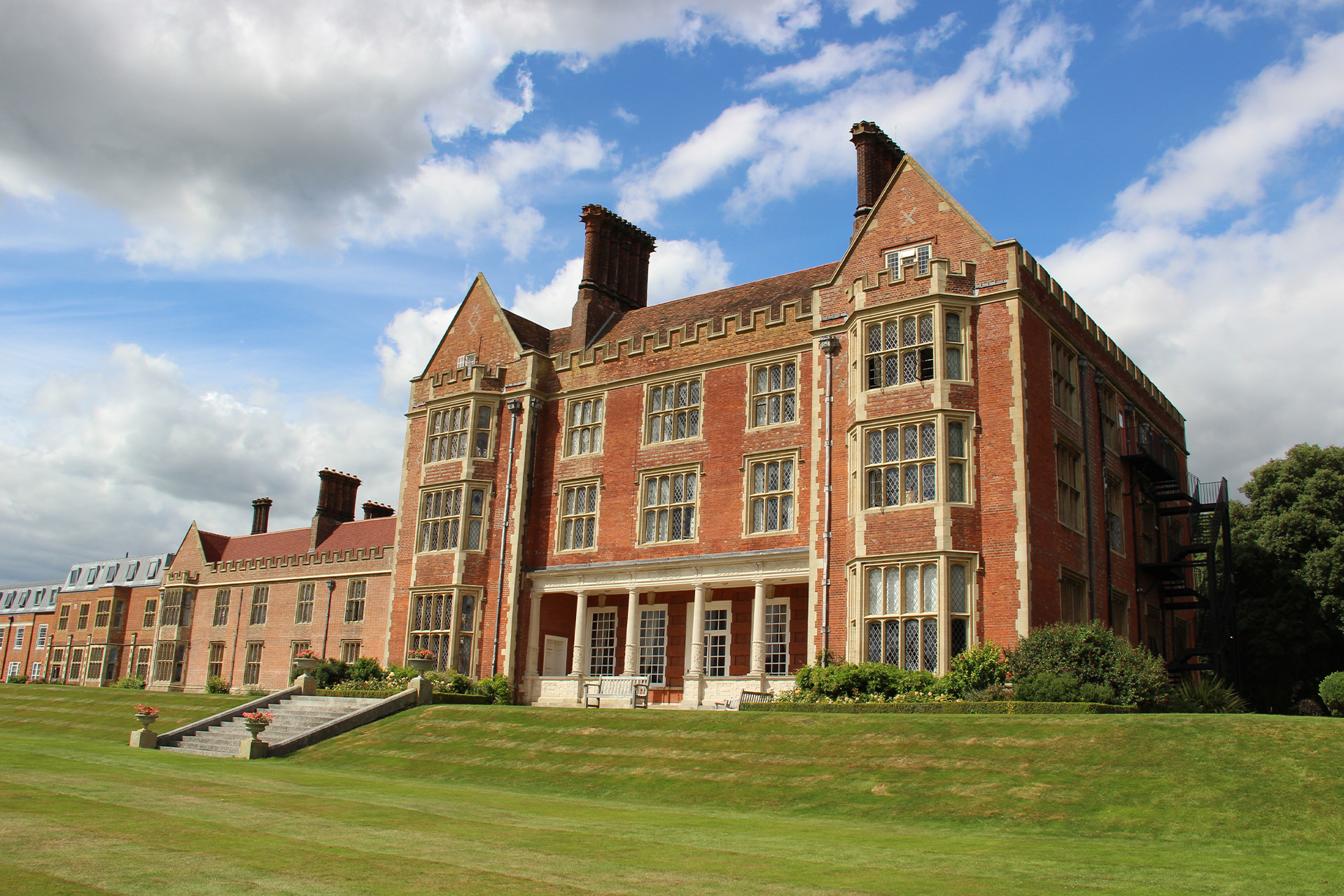Why Are Classics Important?
By
1 year ago

Abigail Walker, a teacher of Latin, Greek and Classical Civilisation at Benenden School, argues why Classics is more relevant today than ever before.

Abigail Walker
I love Classics – obviously – but I do understand that others may not feel this way. Classics has a past of elitism and historical ties with Empire and colonialism that, naturally, raise questions about its place in a modern world. This debate is vast and important. But I want to focus here, more microscale, on Classics in the 21st-century classroom.
This is well-trodden ground. Any Classics teacher can instinctively fire off numerous benefits of the subject. I could tell you that Latin and Greek improve linguistic skills, English vocabulary and understanding of grammar. I could wax lyrical about the Greek invention of democracy or the influence that Roman Emperors have had on political leaders across time and space. I could list off numerous monuments and artworks that have their ancestors in Greco-Roman art and architecture. I’ve even used several rhetorical devices of Roman orator Cicero in this very paragraph to make my message more persuasive.
But I recently came across an article in the Journal of Classics Teaching that struck me deeply. In 2016 Moss Pike wrote: ‘We can study the people who used the language as a means to interact with each other, so that we can better understand how we interact within our own communities, building empathy, active listening skills, and our own creativity in the process.’
There are no Romans to question about the real experience of gladiators. No Greeks who can let us know what democracy really was like. Classics requires empathy.

Benenden School
In a time of exciting progress in technology, AI and the popularity of STEM subjects, I find myself defensively justifying – perhaps rather too insistently – the continued presence of Classics in our curricula and our lives. But a recent project at Benenden School – entitled Reimagining Classics – has summarised all I could possibly want to say on the topic.
Based on a King’s College London project called Modern Classicisms, students were tasked to come up with something new based on Greco-Roman culture. And each time, empathy shone through. Entries included: reimagining Sisyphus as a Death Row escapee, a modern debate in the style of Cicero, new mythological monsters with 21st-century worries, and even a poem written from the perspective of an ostracon (shards of pottery used to vote on the ostracism of political figures in ancient Athens).
Each of these students used empathy to place themselves into ancient culture and beautifully reimagine it in a modern way. Each of these students reminded me what amazing scope there still is for Classics to be renewed. Each of these students proved not only what Classics in the modern world can be – but also what it should be. Benenden School is a leading independent girls’ school in Kent: www.benenden.school



